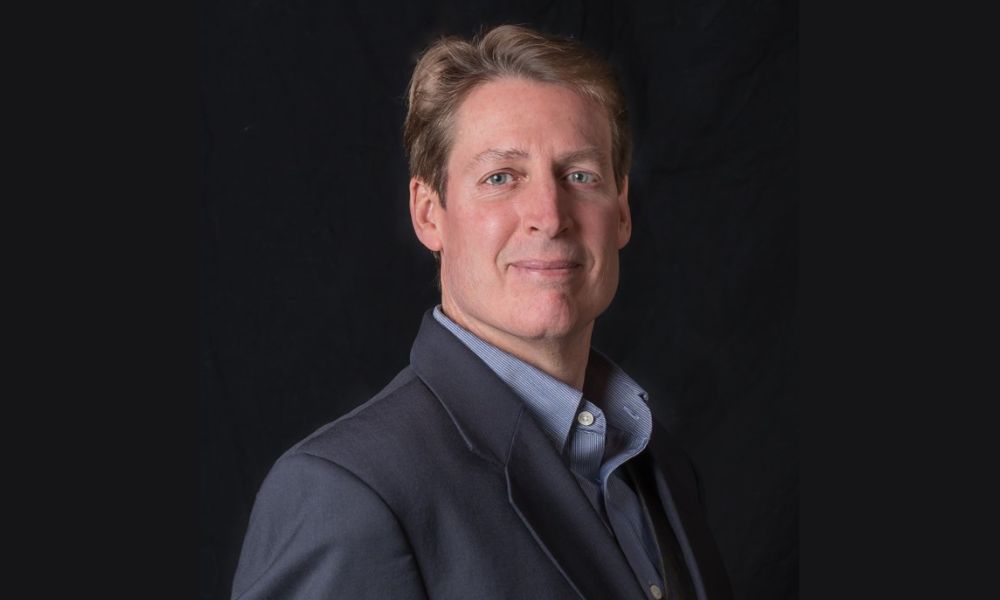

Church Mutual has hit back at rumors it is courting private equity (PE) investment following ratings agency scrutiny and a challenging 2023, even as a former VP at the business has sought to get in on the action with what he has described as an employee-backed takeover and potential Islamic insurer launch.
“Church Mutual is NOT for sale,” a spokesperson for the insurer told IBA. “Church Mutual has been owned, 100%, by its policyholders since 1897.”
Bain Capital had been mooted as a possible contender in the frame to invest in Church Mutual. The PE firm last year channeled $200 million into another ailing church insurer, Guideone, assuaging ratings agency concerns. Guideone became what Bain referred to as the “inaugural” member of The Mutual Group (TMG). Bain Capital declined to comment when approached by IBA on Wednesday.
Speculation has come as the 127-year-old mutual has faced ratings scrutiny. Church Mutual Insurance Company (CMIC), which has an A (excellent) AM Best rating, was put on negative watch in March. Its surplus tumbled by more than $200 million in 2023, to $314 million, as it reported an unprofitable combined ratio (CR) of 127.9%, as per annual statement documents filed with the National Association of Insurance Commissioners (NAIC).
In a 2023 annual statement actuarial opinion, an external expert cautioned of a “more than remote” chance that the mutual may have underestimated the funds needed to pay out for future claims.
The insurer provides cover for more than 100,000 churches and religious institutions across America, with more than $1 billion in premium.
If it fails to pull off a capital position turnaround as it grapples with weather losses and the impact of social inflation and legal trends then its ratings “will likely be downgraded”, AM Best said in a recent report. Church Mutual would be following in the footsteps of fellow church insurer Brotherhood Mutual Insurance Company (BMIC), which was hit with a downgrade last week.
That would be bad news for the church and religious institutions insurer’s clients, insurance broker partners and staff.
The Church Mutual spokesperson, however, insisted that the insurer is “financially strong”.
“In regard to the challenges faced by most property and casualty insurers, we took strategic actions beginning in 2023 and are seeing the fruits of those efforts,” they said.
But as the insurer works to get ahead of its internal challenges, some in its home state have expressed concerns.
Church Mutual is headquartered in Merrill, Wisconsin, population 9,122. The insurer employs around 800 people in the Badger State.
“I met with former employees and they're scared to death,” John Black (pictured below), CEO of Base Consulting and former VP and CUO of Church Mutual’s CM Vantage surplus lines insurance business, told IBA. “These are super nice people making 60 to 70 grand a year in a very small town in Wisconsin – they don't understand what's going on.”
Black, who cited fears for the insurer’s solvency and the impact on Merrill if a PE investor were to come in, is mounting a bid for the church insurer on behalf of employees. He’s been drumming up angel investor support – six are on board so far, he said – with a view to potentially tapping into foreign capital. And he’s “not going to take a dime” from any would-be transaction, Black told IBA.
“My end game is just hopefully to help the employees take it over and then I can move on with my life, because I've got other fish to fry,” he said.

(Photo credit: Bob Bertera)
The “go forward” idea would be to possibly launch a Takaful insurer in Milwaukee, to cater to America’s Muslim business owners. Church Mutual Insurance Company would continue to operate from Merrill, with a hiring freeze at Madison-based specialist insurer CM Vantage.
The ex-VP, who has styled himself as a whistleblower, was critical of members of Church Mutual’s current board and maneuverings behind a 2020 restructure that saw a new holding company formed. To get any takeover over the line or even get it to be seriously considered, he said, might need regulatory intervention.
He has gone so far as to allege violations of federal law and hinted at a qui tam action (a private lawsuit brought on behalf the US) against Church Mutual, though he declined to outline the alleged violations in conversation with IBA. Black has tapped into his network and taken to social media to raise concerns about the insurer.
“We are aware of comments and social media posts written by a former Church Mutual employee,” the Church Mutual spokesperson said. “These false and misleading statements are completely unfounded, and his allegations of violations of state and federal law are so vague that a response is neither possible nor warranted.”
Black said he has reached out to regulators in at least four states in addition to the Wisconsin Office of the Commissioner of Insurance (OCI) to report concerns and seek a fair shot at a deal.
The OCI is in “regular communication with those involved in this matter”, the department’s director of public affairs told IBA.
“Generally, communications related to an insurer's financial condition and risks are confidential,” the OCI spokesperson said via email. “OCI continues to be committed to ensuring the financial solvency and stability of the companies authorized to write business in Wisconsin.”
Insurance workers in Wisconsin have been burned by insurer restructuring before. The aftermath of the 2015 Wausau office closure under Liberty Mutual is seared into Black’s memory, he said. The shuttering of one of the region’s major employers, a more than one hundred-year-old institution, saw 900 jobs face the axe or displacement.
“In my neighborhood, almost everybody had to sell their house at the same time – you can imagine what that does to the property values,” Black recalled. “If I didn't have a buy out by the next company I was going to work for, I probably would have lost $100,000 and I couldn't afford to lose $100,000 at that point – this is real money.”
Takaful represents a cooperative insurance model that aligns with Islamic principles, where participants pool their resources to safeguard against potential losses or damages. This system operates under strict adherence to Sharia, the Islamic religious law, which mandates mutual assistance and protection among members. The scope of Takaful includes coverage for health, life, and other general insurance requirements.
Introduced as a Sharia-compliant option, Takaful insurance counters the conventional insurance industry, which often conflicts with Islamic teachings against riba (interest), al-maisir (gambling), and al-gharar (excessive uncertainty).
Exploring Takaful In Takaful agreements, all members pledge mutual guarantees and contribute financially to a collective fund, which is then used to support one another as needed. These contributions are tailored based on the individual's coverage needs and specific circumstances. Takaful contracts detail the risks covered and the duration of coverage, akin to conventional insurance policies.
The administration and management of the Takaful fund are overseen by a Takaful operator who levies a fee to cover operational expenses such as marketing, underwriting, and claims processing.
Claims are paid from this fund, and any surpluses after accounting for future potential claims and other reserves are returned to the members, either as dividends, reductions in future contributions, or other distributions.
Got a view on this story? Leave a comment below.
